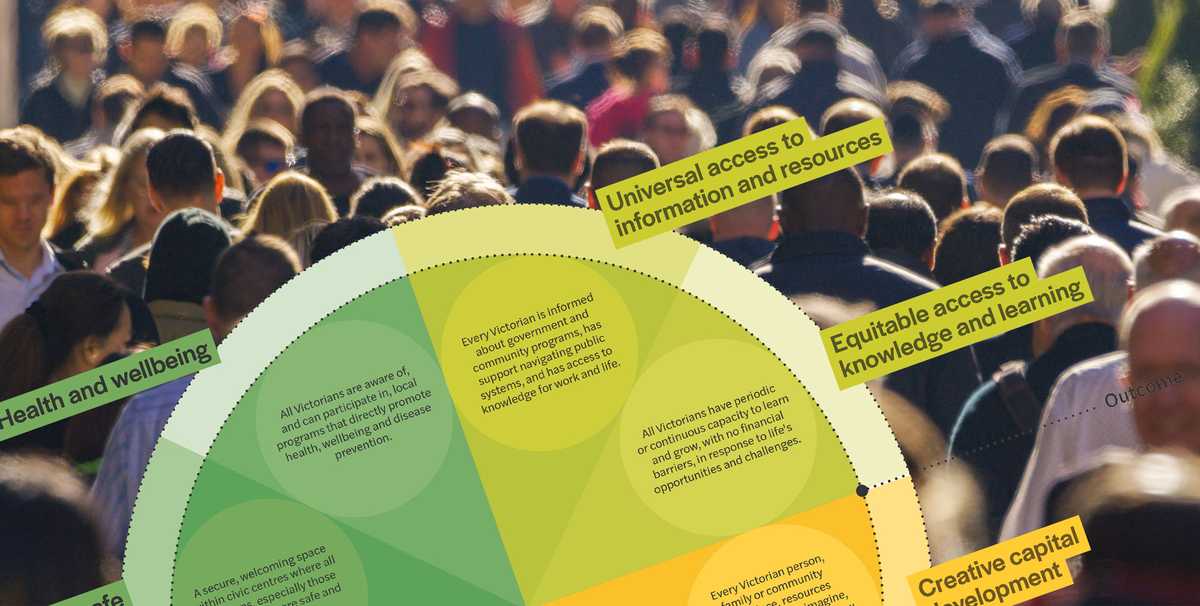
On Sunday, 16 September 2018, the Australian Government announced that it will establish a Royal Commission into the aged care sector. The latest update from sector peak body, LASA, is that the Commission is expected to commence later this year and report towards the end of 2019.
The second part of the crowdsourced Four Corners investigation aired on Monday, 24 September 2018 intensifying public scrutiny and negative media coverage about aged care. This will impact the reputation of every provider, not just those who are named in media reporting, or those that are currently addressing quality issues.
The overwhelming sector response to the Royal Commission, from peak bodies, providers, advocates, has been that scrutiny is welcomed. Every older person and their family members should expect and receive the highest quality of care and support, and malpractice can, and should be brought in front of the Commission.
People deliver care.
For every incidence of failure though, there are many, many more of caring committed people and organisations changing the lives of thousands of older people and their families for the better.
The Royal Commission into aged care will affect every provider’s operations as resident, community and stakeholder enquiries are managed. Employees caring for the elderly in residential care and private homes will hear, see, feel and respond to community concerns. They must be supported and prepared.
Our experience working on a range of government sanctions and other crises in aged care is that sometimes the pressure can lead to failure – of practices, systems and duty of care. The direct opposite of what families seek from providers.
It is particularly important that facility managers and frontline staff feel supported and have resources to deal with increased communication demands.
Prepare immediately.
Aged care is rich in challenges. This is the nature of the work and the structure of a sector that is still evolving and maturing. Every provider has had to deal with issues in the past: disgruntled employees, violent residents, angry or dissatisfied family members, action groups, ambitious journalists. Although provider management may not know if the issues and the people involved will surface, the issues can be mapped and preparations made.
Even if the organisation has never experienced significant issues, questions can be expected to be asked by stakeholders important to the company, as well as families deciding on a provider, and staff seeking a reputable employer. What will staff, often distant from HQ, say? How can the organisation be consistent in its response, underlining the integrity of its care?
To protect its business and therefore the care provided to residents, clients and communities, every provider should be prepared to respond.
Have a well-articulated position on the Commission and its intent.
Modern communications best practice teaches crisis communication as a dialogue – public concerns must be appreciated even if they seem unfounded. In the context of aged care, despite your professional experience or personal opinion on whether aged care is in crisis, the public feels that it is. This publicly held view needs to be acknowledged, not ignored. All providers, particularly those operating in residential aged care, which to date has received the brunt of critique in the media, should have a well-articulated position on the Commission and its intent. This position needs to be communicated and understood by all employees.
Define the integrity of your operations to date.
Strengthening trust requires consistent and genuine consultation through stakeholder engagement. Now is the time for aged care providers to work with stakeholders, including the employees, families, media, community organisations and referrers to define the integrity of the organisation’s operations to date by:
- Positioning the organisation’s well-managed services and positive community outcomes across owned channels and media
- Proactively engaging with influential community organisations to welcome dialogue and build ongoing relationships
- Maintaining communications with stakeholders – communicating risk before issues arise or escalate
Funding is not a safe position.
Leave the public lobbying around funding to the peak bodies. Raising a lack of funding as a reason for underperformance will only increase the angst and unease of the individuals, families and communities you support. When providers take on a new client or resident, a promise is made to provide them with high-quality care that meets their needs. Providers need to assure people by keeping to their promise and continuing to communicate the positive outcomes.
Develop or revisit your issues management strategy.
We have written extensively in the past on the importance of aged care providers having issues management plans in place (read one of those articles here). Comprehensive issues management will prevent the escalation of issues to a level of crisis, at which point they can severely impact the business, its employees, customers and stakeholders. It manages media interest and ensures key managers are well-equipped to support emergency response and operational processes with confident communication. It also protects important relationships with key stakeholder groups on which the company’s sustainability depends.
Every provider should have a strategic plan in place for responding in the event of serious complaint or incident. In the wake of a Royal Commission this should be reviewed to ensure it comprehensively:
- Maps likely issues
- Defines scenarios
- Establishes tactical response processes
- Outlines a recovery strategy
Communicate with employees and families.
Employees, residents/clients and family members share a bond of trust that is the foundation of aged care. Management is naturally distant from this relationship, focused on a range of other tasks, but must ensure that employees feel supported and know what to do and say, not just in a clinical setting.
Every provider needs a system, process and communication collateral with which to share its intent, relative to the Royal Commission. Communication must be noticed and understood. Messages should be simple and often repeated. Employees should be visibly supported in company communication with residents.
Employees must also understand the limits of their role as communicators. This it is part of the role, but there are experienced and informed colleagues to continue any consultation requested by families. Employees should not feel exposed.
Proactively and consistently communicating with internal stakeholders, employees and family members ensures the organisation has a strong reputation and supporter base before the Royal Commission occurs.
Communications to family members of existing and future residents, who will have increased feelings of concern and guilt in the wake of the on-going negative media, should be reviewed. It is important that all family members – whether your organisation is currently affected or not – are given information on what they do to make them feel safer should they need to (that is, who to call for support). This will afford people a sense of control over the health and safety of their loved ones, which in turn allows them to react more reasoned responses.
Analyse past issues and monitor complaints.
On-going sector scrutiny provides anyone with a grievance the platform and confidence to come forward and speak out. And most aged care providers will have dealt with a complaint or issues at some point. This is the time to go back over these, to summarise how you responded and the safeguards or improvements you put in place to deal with these. In the event of new complaints, be transparent and clear about how you are acting to remedy concerns or mistakes.
Establish a structured and confidential process for voicing concerns.
Over 1,300 aged care employees came forward in the Four Corners investigation. It is clear that they don’t feel their concerns are heard by employers, or that they are afraid to speak-up. As the Royal Commission approaches, some staff and managers may also feel they need to hide mistakes or problems to protect their role. Management needs to hear the voices of employees, but this should be via a structured and confidential process. Providers should consider contracting an external, independent organisation to hear confidential employee concerns, and establish any trends and issues so these can be adequately addressed.
Despite the concerns a Royal Commission and associated media coverage will raise among Australian people, and the effects it will have on perceptions for many years to come, aged care is a highly regulated and well-established sector that plays an important role in the health and wellbeing of hundreds of communities. Families who receive great care, know it.
This is an opportunity for providers to lead, clarifying the positive impact they have through care and well beyond it.

